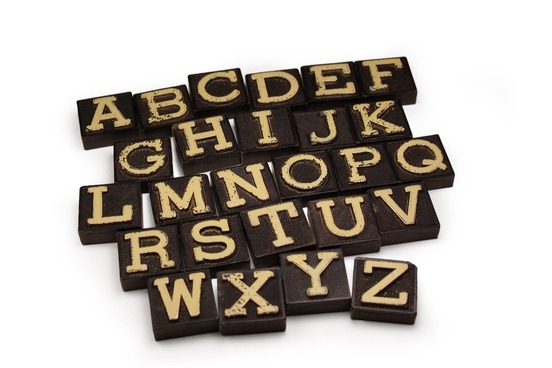
I found this wordplay idea in Dave Morice’s book, ‘The Adventures of Dr. Alphabet- 101 unusual way to write poetry in the classroom and the community.’ It appealed as a way to make poetry, while playing with language at the same time.
Here's what you need to do:
Begin by opening a dictionary and choosing a word. Write that word down, then write
down the next two, three or four main entry words. Your next step is to take your
listed words and combine them (entering them in dictionary order) with your own words to make a
poem.
Here's what emerged in my notebook:
I figured
I would try
figure-skating
Around a
figurine
While
holding a figwort in my favoured hand.
I flailed.
Some people
thought Laurence
Somewhat
lackadaisical
Others
claimed his performance, lacklustre.
Laurence
claimed he was merely laconic.
Grinning,
he nonchalantly raised his hand to touch his lacquered hair.
Glitter ice
formed on the tree
In Godfrey’s
winter garden
As he stood
in the gloaming.
He was not
a man to gloat.
Harold paid
homage to the birds
Visiting his
garden.
Wearing his
homburg
And a heavy
tweed coat
He scattered
seed
And welcomed
them to his home.
So, there you have my Trictionary verse. Such fun with words in dictionary order. Wordplay delight...

So, there you have my Trictionary verse. Such fun with words in dictionary order. Wordplay delight...


What a terrific idea, Alan. I love "I flailed", a good fit after your words before! I've written from finding one word from the dictionary, but never looking for more 'after'. I'll try it!
ReplyDeleteGlad you liked it Linda. Discoveries await you.
DeleteWhat fun with words! I may have to give it a try to see what happens. I suspect it may involve more flailing than gloating!
ReplyDeleteLike your take on this Kay. Good luck with your trictionary try out!
DeleteThis is a fun idea! And it would be a great one to try with kids too.
ReplyDeleteIt is indeed a fun idea to try with kids Buffy. Go for it!
DeleteThese are charming wordplay poems Alan. Whenever I visit a regular book dictionary (before we were online) I loved checking out the words that were around the word I went there for. Fun challenge thanks!
ReplyDeleteThank you Michelle for your kind remarks. Like you I have always loved wandering around in the dictionary from time to time.
ReplyDelete